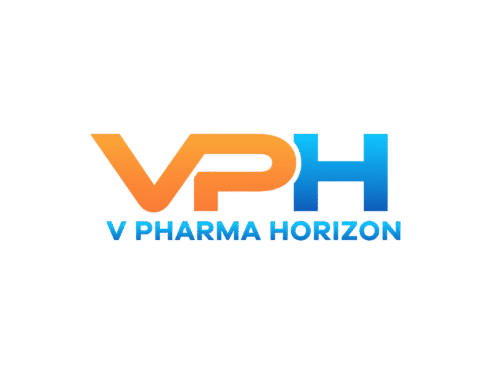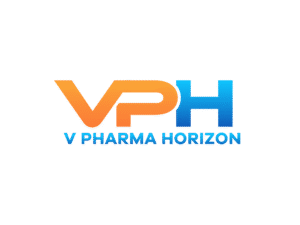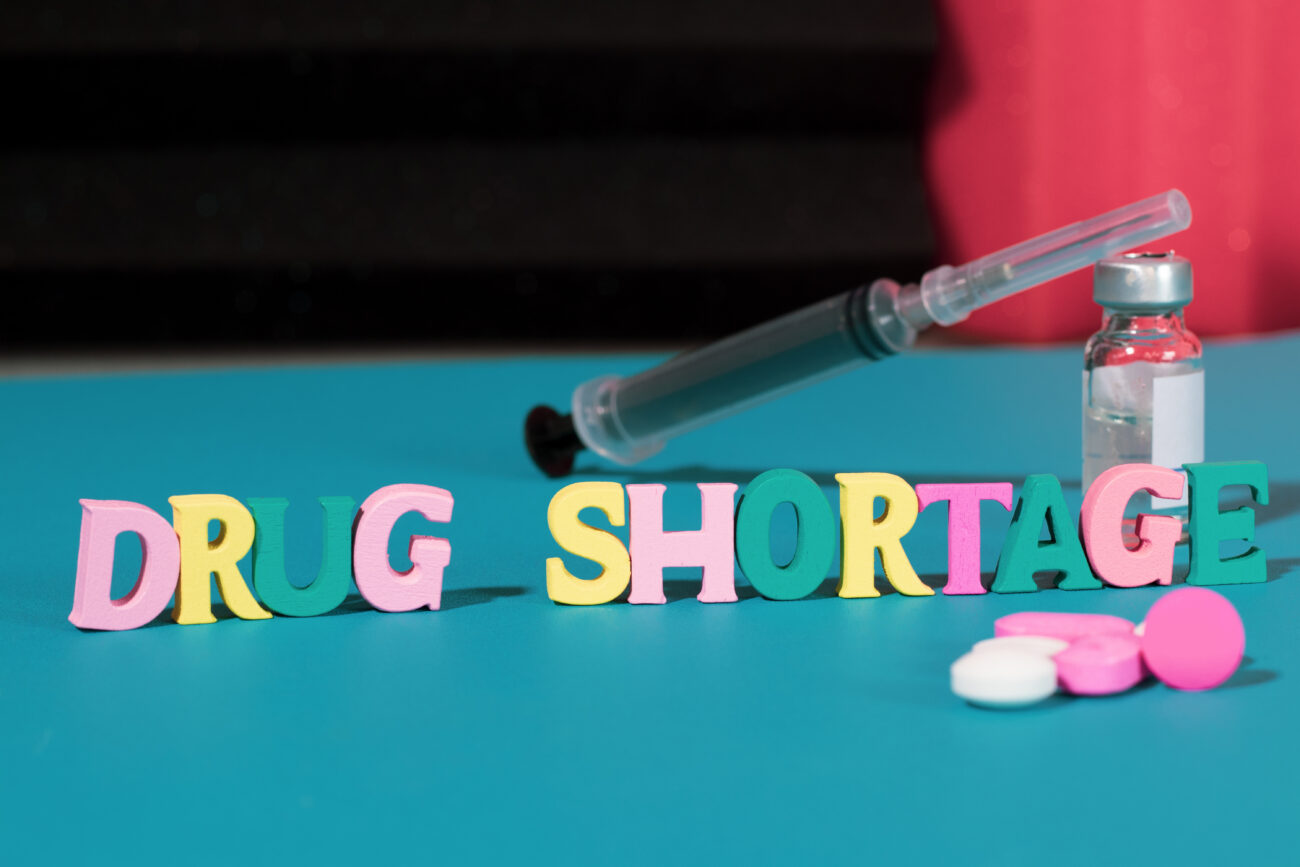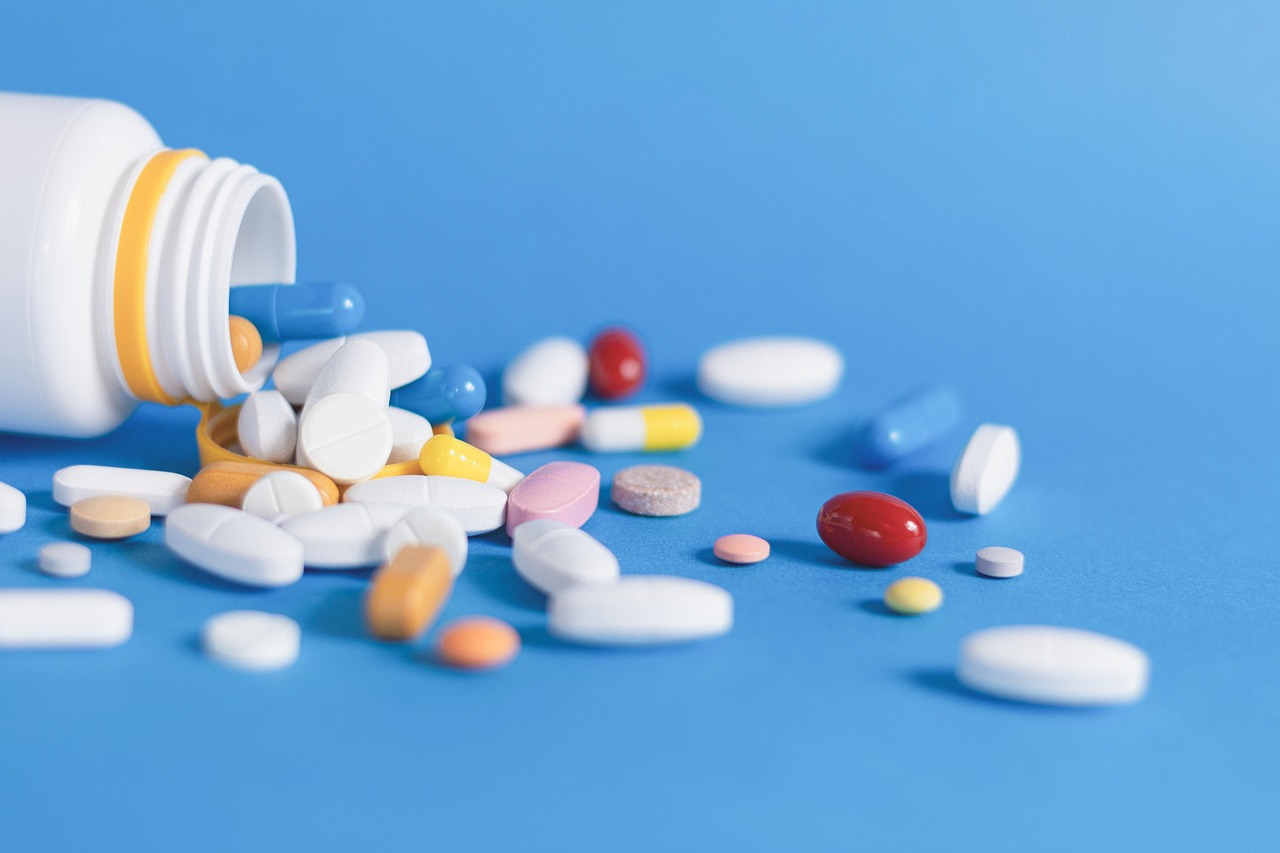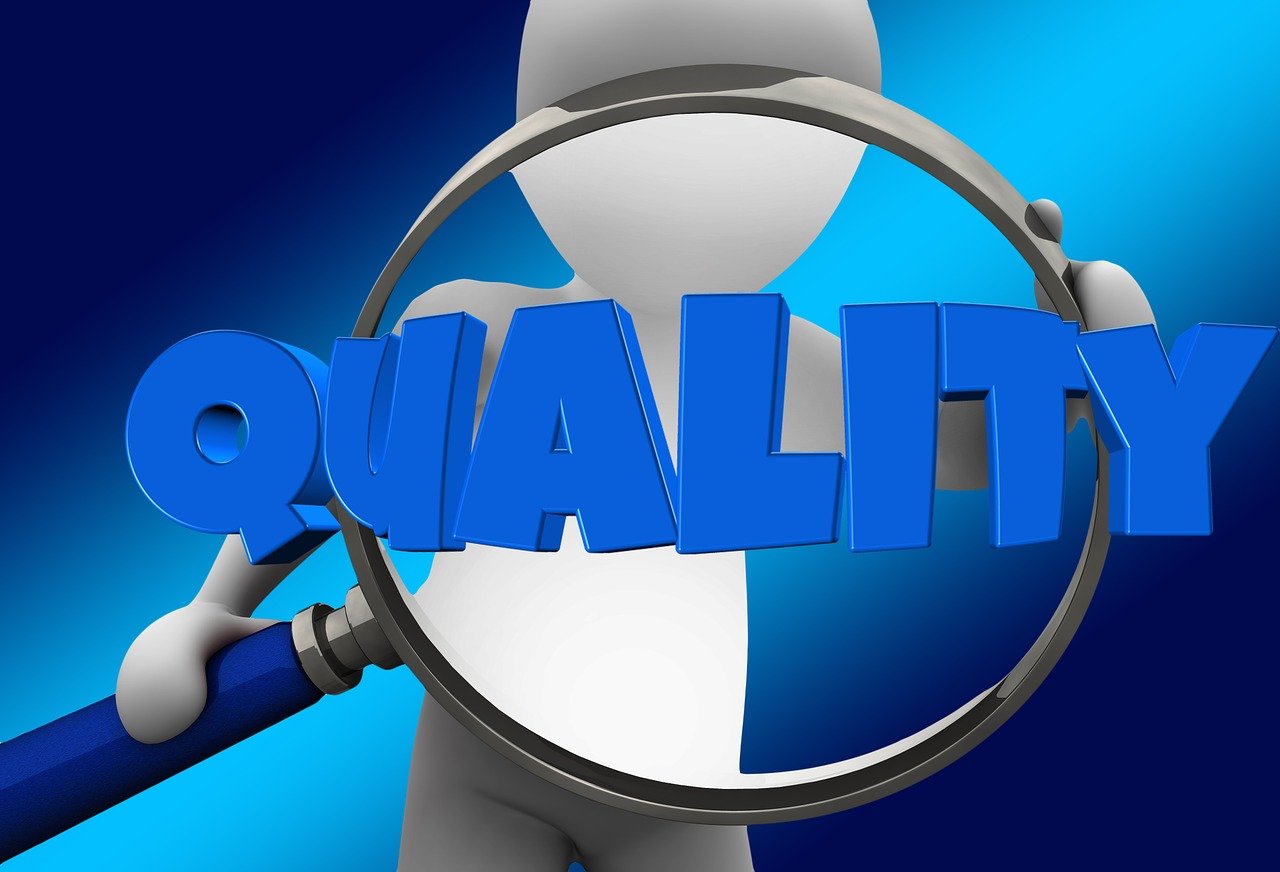Combatting Counterfeit Drugs with Blockchain Technology
Counterfeit drugs are a silent epidemic plaguing the global pharmaceutical supply chain. According to the World Health Organization, one in ten medical products in low- and middle-income countries is substandard or falsified, jeopardizing millions of
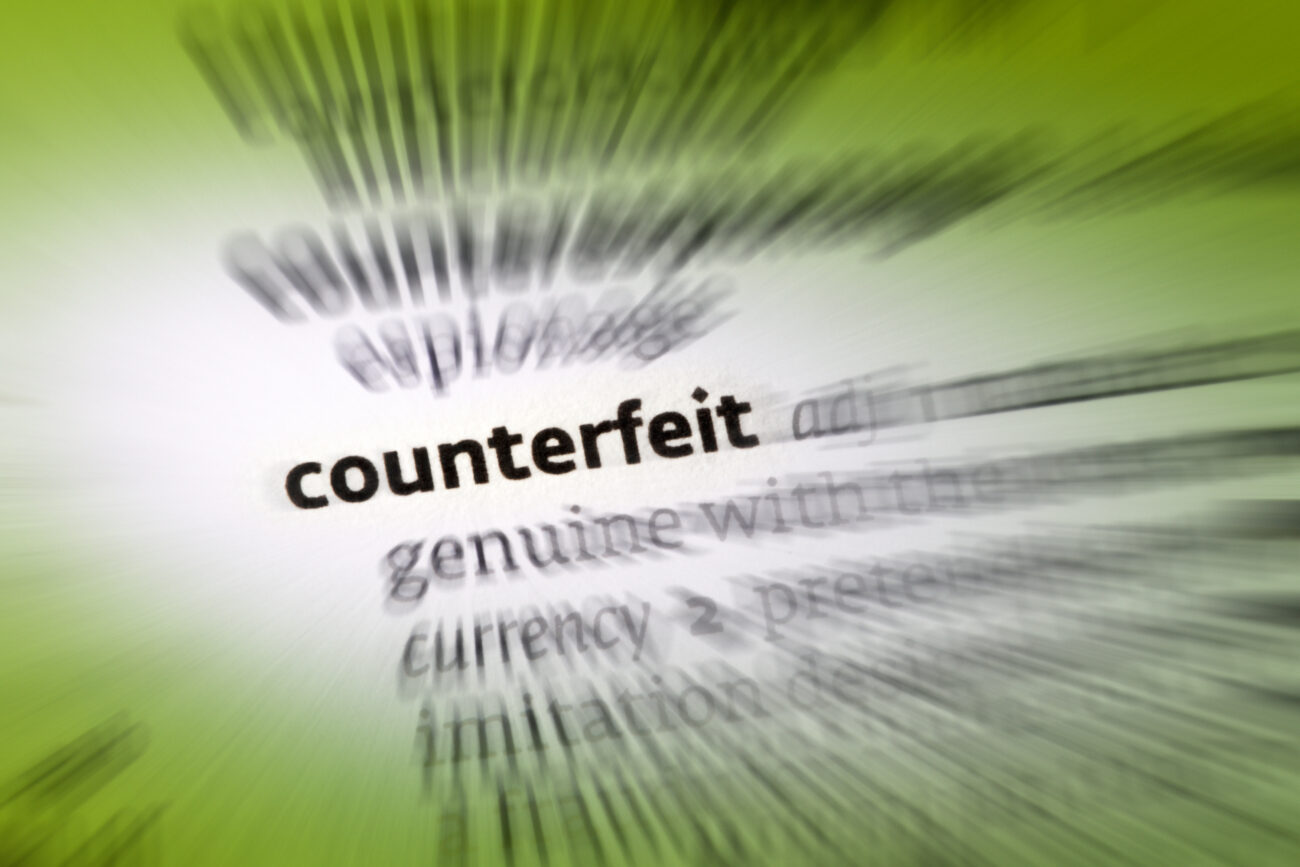
Counterfeit drugs are a silent epidemic plaguing the global pharmaceutical supply chain. According to the World Health Organization, one in ten medical products in low- and middle-income countries is substandard or falsified, jeopardizing millions of lives. These fraudulent medications not only undermine public health but also erode trust in healthcare systems and pharmaceutical brands. As the industry grapples with this persistent threat, blockchain technology has emerged as a promising tool to restore transparency, traceability, and trust.
Understanding the Scope of the Counterfeit Crisis
Counterfeit drugs infiltrate the market through complex, often opaque supply chains. These fake medications may contain incorrect doses, harmful substances, or no active ingredients at all. The consequences can be dire—ranging from treatment failure to drug resistance or even death. In financial terms, the global counterfeit drug market is estimated to be worth over $200 billion annually.
Traditional methods of supply chain monitoring—such as paper records, barcodes, and centralized databases—have proven inadequate in curbing the spread of falsified products. These systems are often fragmented and vulnerable to tampering, creating loopholes that counterfeiters exploit.
Enter Blockchain: A Trust Machine
Blockchain is a decentralized, tamper-proof digital ledger that records transactions in real-time across a distributed network. Each transaction, or “block,” is linked to the previous one, creating an immutable “chain” of data. In the context of pharmaceutical logistics, blockchain offers a transparent and secure way to track drugs from manufacturer to end user.
Key Benefits of Blockchain in Combating Counterfeit Drugs:
- End-to-End Traceability
Blockchain allows stakeholders to trace a drug’s entire journey—from raw material sourcing and manufacturing to distribution and pharmacy shelves. Each step is recorded and time-stamped, enabling real-time verification of authenticity. - Immutable Records
Once data is entered into the blockchain, it cannot be altered or deleted. This permanence ensures accountability and drastically reduces opportunities for fraud. - Decentralized Verification
Because blockchain is maintained by a network of participants, no single entity controls the system. This decentralization prevents data manipulation and enhances supply chain integrity. - Smart Contracts for Compliance
Smart contracts—self-executing codes on the blockchain—can automate regulatory checks and quality control processes. If a shipment doesn’t meet predefined conditions, the contract can flag or halt the process automatically.
Real-World Applications in Pharma
Pharmaceutical giants like Pfizer, Merck, and Novartis have begun experimenting with blockchain solutions. In one notable example, IBM and the U.S. FDA collaborated on a pilot project to explore blockchain’s potential in tracking drug distribution. The MediLedger Project, another consortium involving leading pharma companies, is developing blockchain standards for prescription drug traceability in compliance with the U.S. Drug Supply Chain Security Act (DSCSA).
In developing nations where counterfeit drugs are rampant, blockchain-powered mobile apps can empower pharmacists and consumers to verify the legitimacy of products simply by scanning a QR code.
Challenges and the Road Ahead
Despite its promise, blockchain adoption in pharma isn’t without hurdles. Integrating blockchain with existing IT infrastructure can be complex and costly. There are also questions around data privacy, scalability, and the need for industry-wide collaboration.
However, as regulatory pressure increases and patient safety becomes paramount, the momentum behind blockchain-based anti-counterfeiting measures is growing. Governments and global health organizations are recognizing the technology’s potential and incentivizing innovation in this space.
Blockchain technology represents a paradigm shift in the fight against counterfeit drugs. By enabling real-time, tamper-proof tracking of pharmaceutical products, blockchain can restore trust and safety to a deeply fractured supply chain. While implementation challenges remain, the path forward is clear: to safeguard public health, the pharmaceutical industry must embrace blockchain as a cornerstone of its digital transformation.
